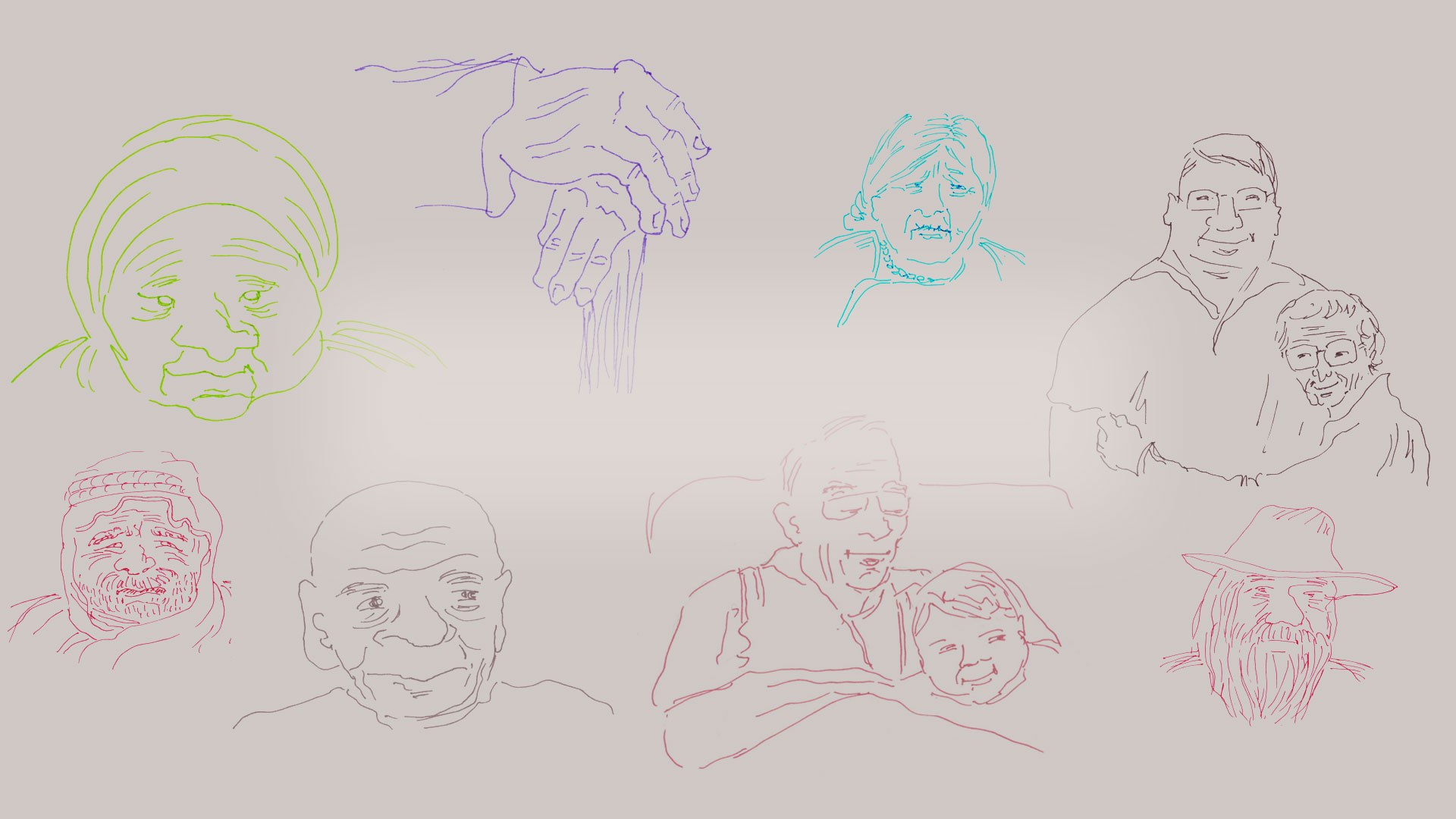(The legendary characteristics of an ill-tempered elderly male are well-known to me—traits and behaviors that I exhibited a few weeks ago. Not one of my proudest moments. Perhaps these reflections might be helpful….) Given my life circumstances in this era of grumpy political leaders, crabbiness might seem to have some legitimacy. Like you, I live in testy times, so it seems fair to join in theMORE...
*Emotionally regulated elders?
We older adults have likely faced enough of life’s circumstances to be able to deal maturely with our emotions. This attribute might make us especially valuable in helping younger congregation members gather around themselves the life skills necessary to handle their emotions wisely. Our capabilities for emotional regulation could be a valuable help for what’s troubling our society right now: TheMORE...
My own (most grevious) fault
One of Lent’s compelling narratives comes in the ritual of Confession. Its verbiage is striking: “Our fault, our own fault, our own most grievous fault.” These words suggest something more than garden-variety sinfulness or the “mortal sins” that Roman Catholics name as the most serious. Not only do we own our unrighteousness, but also openly admit its severe consequences: In a word: It’sMORE...
Taken for granted
The usual/normal line of reasoning about “taking something/someone for granted”: “Don’t ignore your blessings because they’re familiar, close or constant.” This life-axiom makes sense, and its lesson is clear. Another possible meaning pops into focus, though: Perhaps I SHOULD take people (or things) for granted? Hear me out…. Grants are undeserved kindnesses or gifts. Given or receivedMORE...
Mess-makers and mess-sorters
I’m coming off a period of several weeks when digital spam-senders have been sorely afflicting me. This experience got me to thinking about two kinds of people—those who create messes and those who sort them out. In this case, the mess-creators flooded me with unrelenting torrents of unwanted information. Varieties of mess-makers invade other aspects of our lives—perhaps too many to waste ink onMORE...
Imagining the next life stages IV
(Today’s blog is the last in a series of four entries that treat a matter that most older adults eventually face: How will we live well when that becomes difficult?) When the necessary preliminary work is finished, what’s left is the task of finding life-care arrangements that fit our expectations and hopes. Some are intangible—the feel of a facility, personal characteristics of likelyMORE...
An elderly nudge
In times of high anxiety—right now?—two of our core capabilities may be at risk: Agency and motivation. (“Agency” identifies our power to affect change, in ourselves or others. “Motivation” is an inner trait that positively alters our willingness to act.) Why might this diminishing of capabilities be happening? The isolating fear of disease, danger or death during COVID19 may have taken away ourMORE...
Off-the-rails ministry
It’s difficult to be a pastor in normal times, but that ministry may be even harder right now: Some members and their enterprises are coming undone. Those of us who try to care for others may encounter individuals whose mental states seem to be coming off the rails. As your pastor may be experiencing, that’s tough work. What, then, can we do for our cherished leaders? A few thoughts comeMORE...
Who will follow us?
You may have encountered institutional memory loss when a workplace leader retires, resigns or dies. (Or you may be one of those people whose history and personal expertise are critical to the well-being of your organization—dependably bridging the past, present and future.) In these cases, the major question emerges: “Who will carry forward the essential character of this business?” ThisMORE...
Perseveration begone!
One of my emerging personality traits is beginning to bother me: My tendency to repeat beloved personal stories to people who’ve most likely heard those tales before. Right now, this behavior might be only an occasional vexation, but it might also lead me inexorably towards perseveration—the tendency toward repeated actions, utterance or thought patterns without apparent stimulus. Granted, atMORE...

